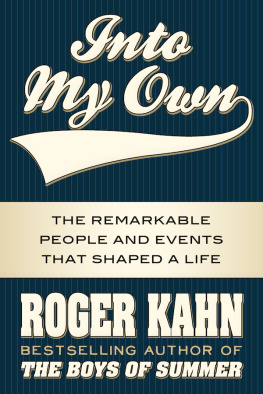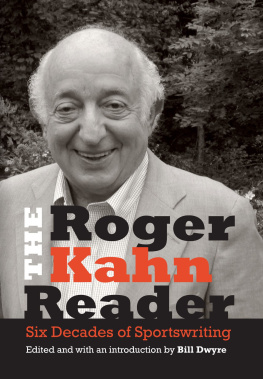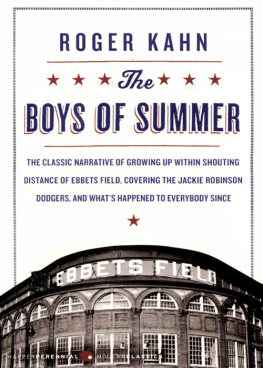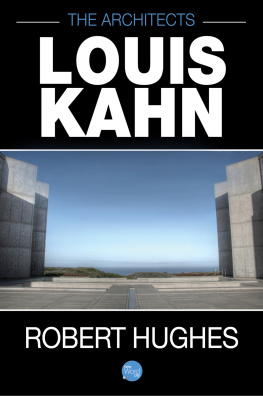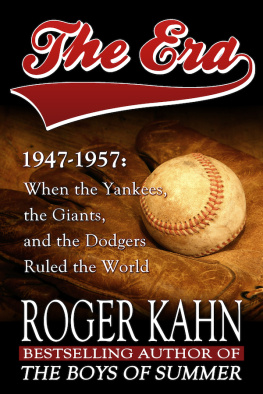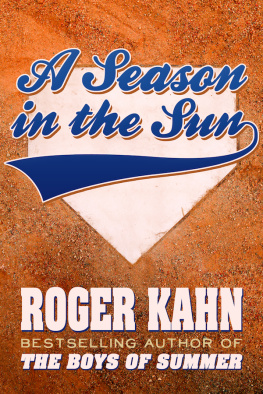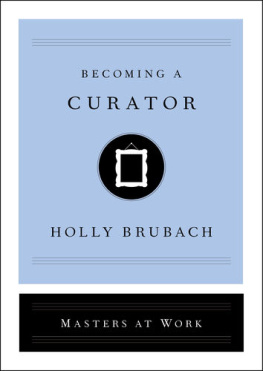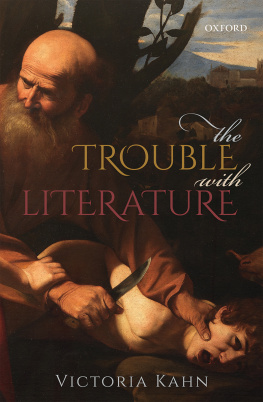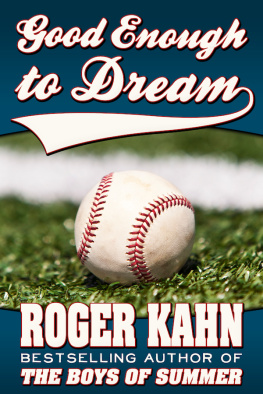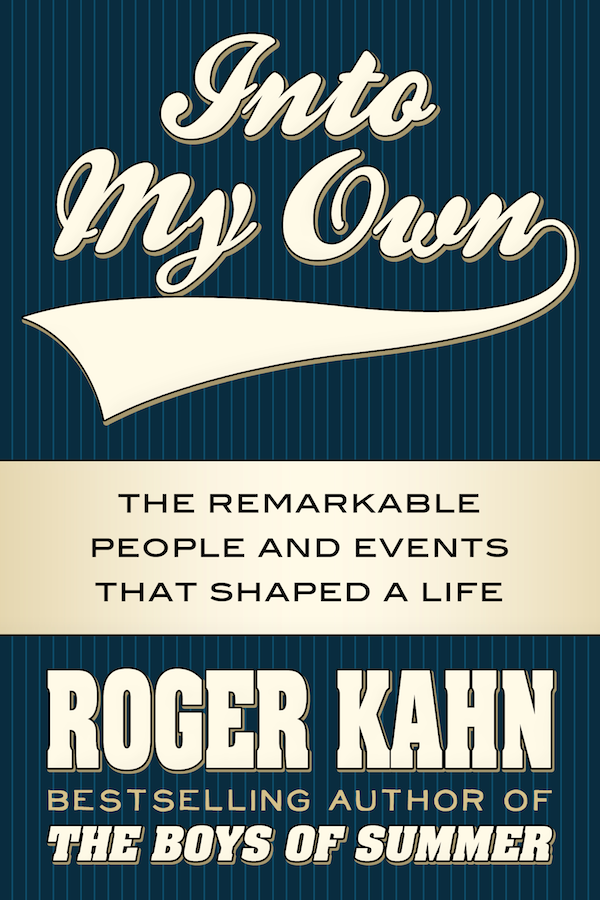Copyright 2012 by Hook Slide, Inc.
All rights reserved, including the right to reproduce this book or portions thereof in any form whatsoever.
For more information, email info@diversionbooks.com.
First Diversion Books edition October 2012.
Words of Thanks
One is often asked, How long did it take you to write the book? In the case of Into My Own, a fair answer is, All my life. If you believe in the unconscious, that includes even sleeping time. Obviously an author, or anyone else for that matter, must experience people and places, events and emotions, before he or she can set them down.
Al Silverman, a prominent New York editor, remarked several years ago, With the people youve known and the life youve led, you simply have to write a memoir. But in publishing today, a memoir could be a hard sell. Center on the great stars youve known, Jackie Robinson, Robert Frost, and the rest who became friends, and youll have something that will spark interest in any market. Im recommending a cloaked memoir. I here uncloak Al Silverman.
Walter Rich, the president and CEO of the New York, Susquehanna, and Western Railroad, was encouraging across many summer evenings at Edgewater, his estate in Cooperstown, New York. We gather annually there to celebrate ballplayers and politicians. Three of my favorite fellow celebrants are Congressman Sherwood Bohlert; the retired right hander, James Timothy (Mudcat) Grant; and the gentlemanly former Dodger pitching star Clem Labine. As a source of inspiration, Walter presented me with a copy of William L. Shirers memoir, Nightmare Years. Let this be a public thank-you to my tycoon friend.
Samuel S. Vaughan, formerly editor in chief at Doubleday, suggested that I write about my late son. Indeed the chapter title Rescuing Roger, with its deliberate ambiguity, came out of a conversation with Sam. He said such personal matters would be difficult to write; it turned out also to be joyous. For when I wrote about Roger throwing passes, scoring hockey goals, or just being a kid, he was alive again and at my side.
My agent, Robert Wilson, was encouraging, cheerful, and supportive throughout all my efforts on this book.
I benefited from research assistance supplied by two journalism graduates of The State University of New York, New Paltz, a college not far from my Hudson Valley home, where recently I served as Distinguished Ottaway Fellow in Journalism. Adam Bosch ran down any number of elusive details, including many on the demise of the DeSisto School. Stephanie Rogers pursued facts and photographs and kept files, and the author, generally organized. She even located copies of every issue of Our Sports, the now obscure magazine that Jackie Robinson and I put out fifty-three years ago.
Bill Francis of the National Baseball Library at Cooperstown always knew what ballplayer threw to which base and how accurately. Carole Thompson, curator of the Robert Frost Stone House Museum in South Shaftsbury, Vermont, showed me a good deal of fresh Frost information when I spoke there in the summer of 2005. Mark Reese, Pee Wees son, a poet and filmmaker (and retired outfielder) maintained a steady drumbeat of support. They have my gratitude.
But really, how long did it take to write the book?
Really, it took all my life.
ROGER KAHN
Stone Ridge, New York
November 4, 2005
Prologue: Brooklyn Overture
P EARL BUCK once warned aspiring writerslittle embryo novelists, she called themnot to be born under a great creed. It was better, she said, for a writer to be born among thieves and gypsies. A writers life flourishes amid wildness, sometimes visible, as in a prizefight, sometimes within, as in a breakdown. But without that wildness, Pearl Buck maintained, the fires that make a writer do not burn.
As things happened some seventy-seven Octobers into the past, I myself was born under a great creed. In a word, that creed was intellectuality. As playthings and nursery rhymes, so to speak, my mother offered Greek myths, the searing tales of the house of Atreus; classical music, the keyboard works of Bach, the violin sonatas of Beethoven; and poetry, poetry; indeed, all was poetry in my mothers house long ago, where the twilights rang with Homer, Shakespeare, and Housman and Edna St. Vincent Millay, whose haunting elegy, The Ballad of the Harp-Weaver, made my mothers eyes grow moist.
My mother, Olga Rockow Kahn, had graduated from Cornell University in 1923 with a major in ancient history. She was an early female Ivy Leaguer, Jewish to boot, and on top of that, a Socialist, small, dark, and fiery, a woman whose dream was that I publish new and acclaimed translations of the plays from Athenss heroic age. In later years one of my responses was to post a D minus in a college course in classical Greek, which I accomplished by declining to learn the letters of the Greek alphabet. It is difficult to translate Aeschylus if you cannot make out the spelling of his name.
Straining against the creed, I longed for the ways of thieves and gypsies, and I was not denied. My father, Gordon Jacques Kahn, an unpretentious, onetime college infielder, from a mixed Jewish-Catholic Alsatian background, came into the world, walked to and fro with a lurching stride, and by and large liked what he saw. Among his interests were botany, crossword puzzles, Thomas Jefferson, Venice, detective stories by Ellery Queen, and the Reconstruction period in the South. Among his loves were Gibbonss Decline and Fall of the Roman Empire and the four symphonies of Johannes Brahms. But his great passion, aside from my mother and Pall Mall king-size cigarettes, was the game of baseball. I never entirely escaped my mothers great creed. Indeed, our final conversation, after time and a brutal mugging had diminished her, was a courtly debate about Prince Hamlet and King Lear. But my lust for thieves and gypsies never waned. I would find them, as perhaps my father had, in baseball
Chapter 1: The Coach
Reality brightens my dream, to become a writer.
I
It may seem curious, at least it does to me, that an old Herald Tribune hand tapping a keyboard would so soon cite a primal dictum of The New York Times, as quoted by Arthur Gelb in the 662-page memoir he called City Room. Early in the book, along about page 136, Gelb quotes Adolph Ochs, paterfamilias of the family that runs the Times, as saying, The most useful man on a newspaper is one who can edit. Writers are galore.
Quoting Ochs around the Times may not be precisely like spouting Luke in a Southern Baptist church, but it comes close. The old man burst out of Chattanooga and took control of The New York Times in 1896, a publisher of ferocious ambition, an astounding work ethic, and a brilliant head for business. Even in the twenty-first century, six decades after his death, he remains the principal architect of what is probably the most successful newspaper on earth. There is a nice ring to his surprising phrase writers are galore, but in this instance, as in a few others, Baron Ochs was wrong.

